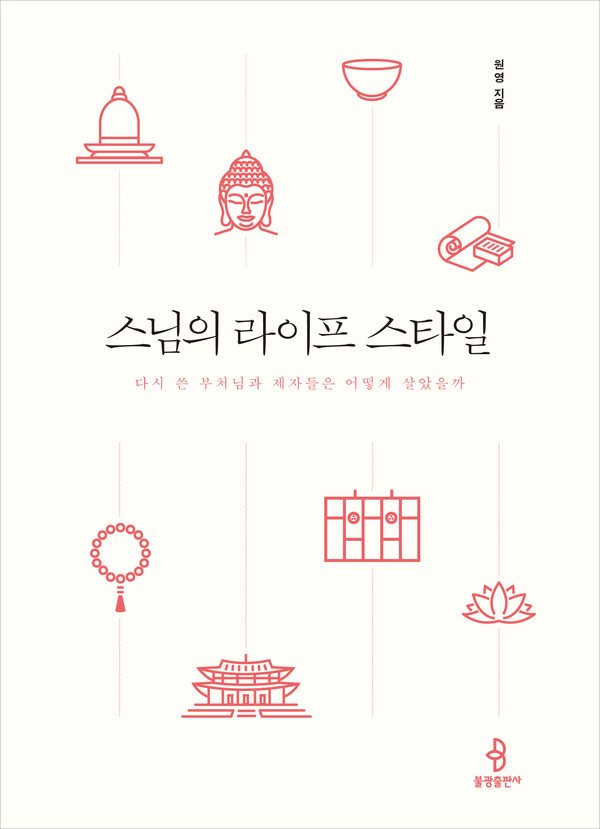
A study of the life of the Buddha and his disciples at the time of the establishment of Buddhism with a focus on the necessities of life.
Category : Humanities
Target : Adults
Published Date : 08-Nov-19
ISBN : 9788974794859
Pages : 256
Book Size : 152 x 210 paperback
Keywords : Buddhism; monk; Yuljang; life history
After the Buddha, the founder of Buddhism and the leader of Buddhist practitioners, attained Nirvana, his immediate disciples felt pressured to guide a leaderless group and to continue to follow his teachings. With no one to give them the right teachings and to tell them what to do and what was wrong, they were afraid of misunderstanding the Buddha’s teachings or corrupting the sangha, the monastic community. So the disciples and renunciants began to collate what the Buddha had said in his lifetime. The collection of his teachings became the Kyungjang (Sutta Piṭaka) and the collection of monastic rules of conduct became the Yuljang (Vinaya Piṭaka). Because of this background, most people think of Yuljang as a “rulebook” or “code of laws” that the monks have to follow. However, Yuljang is more than just a collection of rules or codes, but rather a “collection of events” that offers us a detailed look into the lives of the renunciants of the time. Whenever an “incident” occurs that invites social censure or causes conflicts of opinion within the monastic community, the book records its details along with the Buddha’s advice about “what to do” or “what not to do” as the solution to that incident. Thus unlike scriptures or treatises, Yuljang does not contain any special ideological or doctrinal explanations but rather provides vivid descriptions of the lives of the renunciations during Buddha’s lifetime. Based on the content of Yuljang and the life of the practitioners of the time, this book explores the “lifestyle” of the monks of today centered on the necessities of life and contains the principles the monks must absolutely follow. It examines in detail what the monks could eat and what they couldn’t, the meaning behind the clothes they wore and the chores they did, and where they lived. Based on this, we can see the difference in the lives and precepts of today’s monks and those of the monks of the Buddha’s time when everything they did whether it was eating, wearing, or sleeping was all in communication with spiritual practice.
Ven. Wonyoung
Ven. Wonyoung received her PhD in literature from Hanazono University, Japan. After returning to South Korea, she became a teacher (acharya) of education of the Jogye Order (religious precepts and Buddhist ethics) starting as a permanent researcher at the Institute of Buddhist Studies at the Jogye Order of Korean Buddhism and has since delivered numerous lectures. Currently, she lives in Cheonglyong-Am in Seongbuk-gu, Seoul and happily communicates with the public through the radio program “Good Morning, Wonyoung” on BBS Buddhist Broadcasting System.



